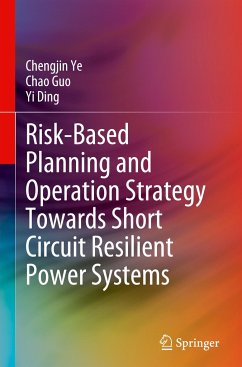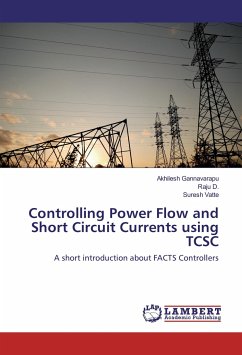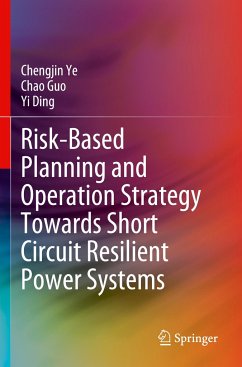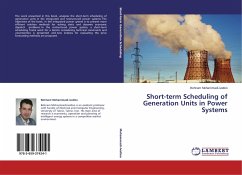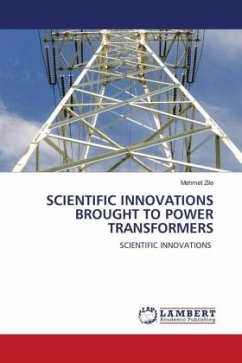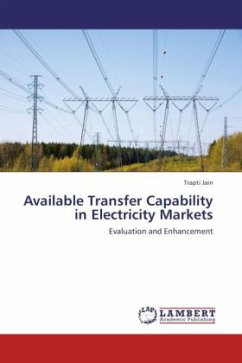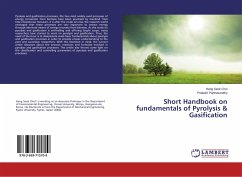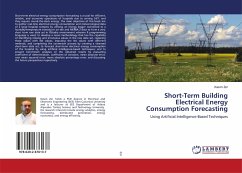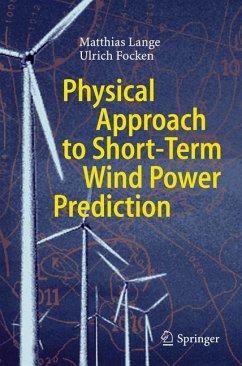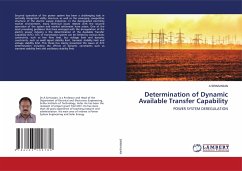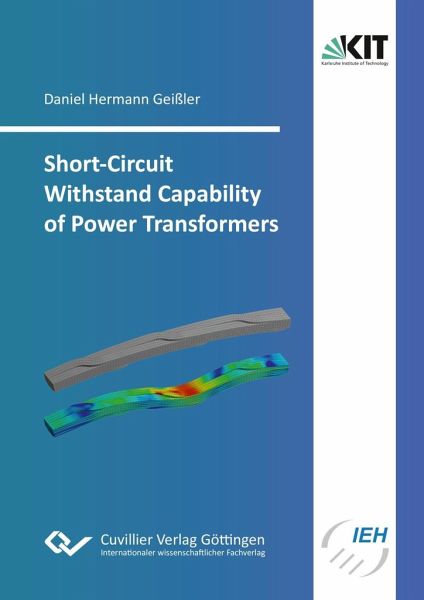
Short-Circuit Withstand Capability of Power Transformers

PAYBACK Punkte
0 °P sammeln!
The work presented in this PhD-thesis concentrates on radial buckling phenomena of power transformer windings made from Continuously Transposed Conductors (CTC). Analytical and simulation-based approaches describe the critical buckling load involving elastoplastic material behavior. A test stand allows verifying the theoretical results based on dynamic short-circuit tests with realistic winding arrangements in air. Acceleration sensors and a high-speed camera are used to measure the winding vibration and deformation. Furthermore, bonded CTCs are characterized by bending tests and a simulation ...
The work presented in this PhD-thesis concentrates on radial buckling phenomena of power transformer windings made from Continuously Transposed Conductors (CTC). Analytical and simulation-based approaches describe the critical buckling load involving elastoplastic material behavior. A test stand allows verifying the theoretical results based on dynamic short-circuit tests with realistic winding arrangements in air. Acceleration sensors and a high-speed camera are used to measure the winding vibration and deformation. Furthermore, bonded CTCs are characterized by bending tests and a simulation model including the shear strength of the bonding is developed. Another focus is on the impact of the paper insulation wrapped around CTCs and its contribution to the overall mechanical stiffness. On this subject a considerable impact has been discovered. Accelerated aging tests address the mechanical effect of paper aging based on bending tests as well as zero- and wide-span tensile tests and the degree of polymerization (DP).




